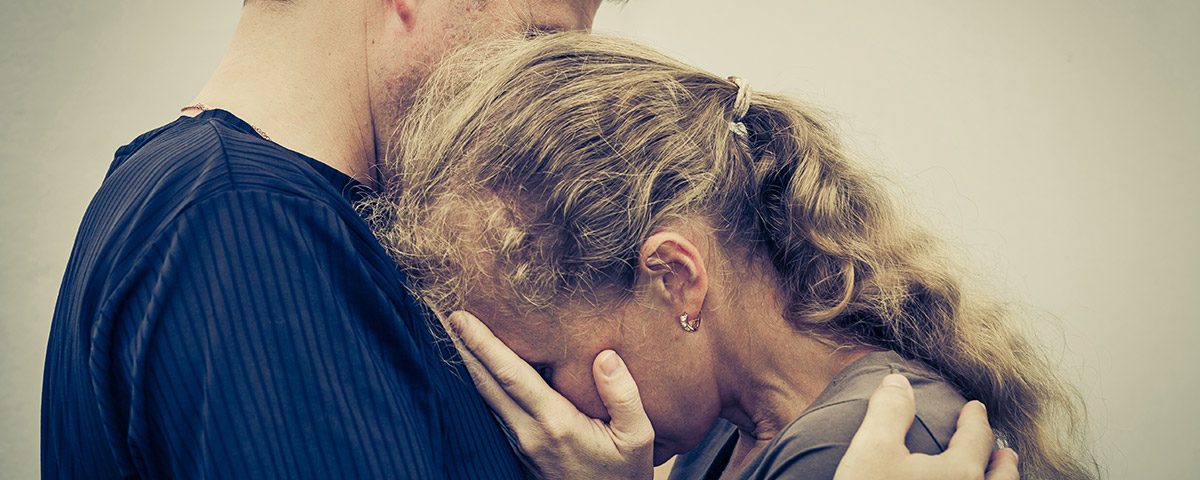You may believe that relapse is when an addict returns to using their drug of choice again for the first time after becoming sober.
But rather than it being a pinpointed moment when a person reaches for the drug, relapse can actually be a longer process that slowly comes to the surface. This often occurs in subtle ways before the person finally gives in to the triggers for drug use. Dr. Steven M. Melemis MD PhD has separated the stages of the relapse process into three distinct phases; emotional relapse, mental relapse, and physical relapse.
Emotional Relapse
During the emotional stage of a relapse, you probably aren't even aware that it's happening. This is the point in time where your emotions are leading your brain down a familiar path of triggers and groundwork that set you up resorting to drug use.
These can be things that happen in everyone's life that cause stress. You're likely to begin experiencing feelings of anxiety, anger, isolation, mood swings, and changes in eating and sleeping habits. The most important thing you can do is to recognize when these feelings are occurring, understand that these emotions are priming you to reach for the easy coping mechanism of drugs, and stop the relapse early on by contacting your sponsor or visiting your support group. Take control of your body and don't let your emotions get the best of you, especially in early recovery when you’re more vulnerable. If left unchecked, emotional triggers will begin to work their way into the mind and progress you to the next stage of relapse.
Mental Relapse
When the mental stage of a relapse occurs, your mind begins to pick up the feelings you’ve been experiencing and run them through the game of rationalization. You may start to dream about using again. You’ll begin to remember how good it felt to escape your stress and pain with an indulgent dip in the drugs. All your practice and hard work toward recovery will be put to the test when your own mind starts to work against you. Once you’ve decided at the emotional level that drugs will make you feel better, the mind gets to work on rationalizing the reasons and thought processes that make it okay. Once you reach the mental stage, it gets very difficult to turn back and avoid a relapse. The mind gets you primed to accept it and make the choice. This is when it’s vitally important to speak with your sponsor or addiction counselor. They've likely been in the same position or at least understand it for what it is and it helps to hear someone else say they understand what you're going through and can steer you back to a place of calm and clear thinking before you take the plunge into full blow relapse.
Physical Relapse
Of course, the final stage of a drug relapse is the actual physical taking of the drug or drink. If you've reached this point, your triggers have brought you through an emotional urge to reach for the drug as a salve, the mental rationalizations that “talked you into it,” and finally the ritual of using the drug. This is why it's so important to recognize early on that a relapse may be where you're headed when emotions and stray thoughts begin to guide you down a path you’ve worked so hard to avoid.









